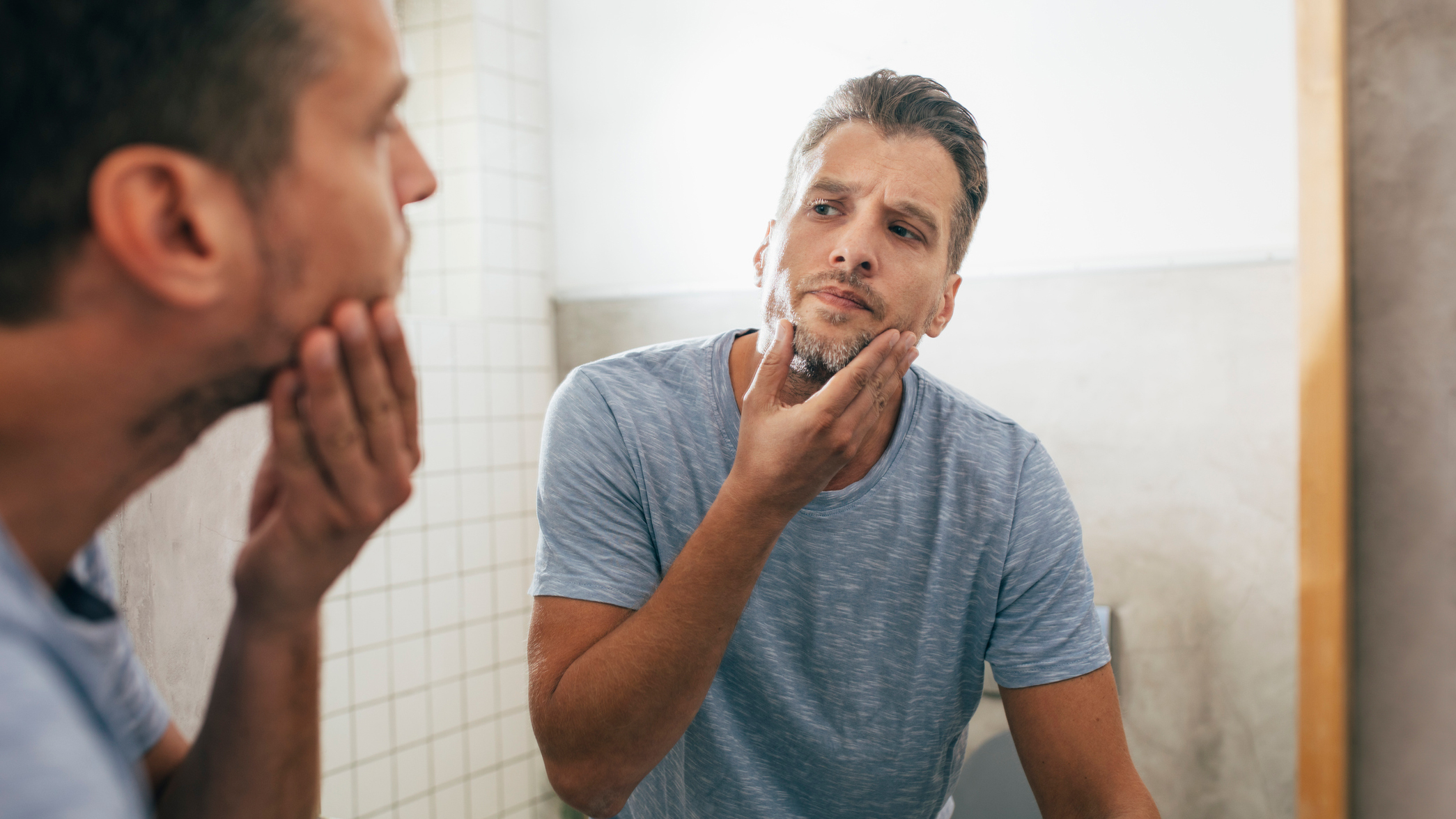Stress does make your hair go gray – but relaxing more could change it back!
Going gray isn't irreversible: lowering stress hormones could make sure your hair stays its natural color, says new study


If stress has turned your hair gray (or you think it will one day) then we've got some great news for you. You might think once you begin finding a few grays, that's it: the process is irreversible. However, just as going gray is sometimes caused by lots of stresses in our lives, new science claims we can remove those stresses to potentially turn our hair back to its natural color.
The study has been published by researchers from Columbia University's Irving Medical Center. The scientists analyzed individual hairs from 14 volunteers and compared the results with a daily stress diary, in which the participants recorded their daily stress levels.
It turns out hairs aren't necessarily one solid color, but there's actually a gradient of color change, and by matching the grayest hairs to individuals with the most stress and vice versa, the scientists could see the gradient change depending on the individual's stress levels. The investigators actually recorded some gray hairs naturally regaining their original color.
The study's senior author Martin Picard, PhD, said: "Our data add to a growing body of evidence demonstrating that human aging is not a linear, fixed biological process but may, at least in part, be halted or even temporarily reversed.
"When hairs are still under the skin as follicles, they are subject to the influence of stress hormones and other things happening in our mind and body. Once hairs grow out of the scalp, they harden and permanently crystallize these exposures into a stable form."

It's worth noting there appears to be limits to this: of course, de-stressing won't turn an elderly person's white hair back to its original color. However, during this transitional phase in which we start going gray, stress hormones affecting the hair include cortisol, the body's fight-or-flight hormone which also encourages our body to cling onto fat. Lowering the presence of hormones like cortisol can help turn our gray hairs back to their original color.
Cortisol can be lowered by regular exercise. Whether you love running outdoors, you're taking advantage of the gyms being open again or you're at home on one of the best elliptical machine models, keeping active will help lower your levels of cortisol and, by extension, keep your hair its best. If you don't already have an exercise of choice, or you've yet to get started on your fitness journey, consider walking.
Start your week with achievable workout ideas, health tips and wellbeing advice in your inbox.
Walking is an accessible, low-intensity way of exercising and lowering cortisol. Bonus points if you do it in nature, as Harvard University found walking in nature for just 20 minutes was an effective stress reliever. Grab some comfortable clothes and the best shoes for walking and away you go.
Finally, consider other ways to relieve stress. A relaxing bath. An early night on a comfortable bed (if yours isn't up to scratch, try our best mattress toppers), a healthy diet, yoga, meditation, avoiding social media, cutting back on alcohol: all of these have been found to lower levels of cortisol.
Matt Evans is an experienced health and fitness journalist and is currently Fitness and Wellbeing Editor at TechRadar, covering all things exercise and nutrition on Fit&Well's tech-focused sister site. Matt originally discovered exercise through martial arts: he holds a black belt in Karate and remains a keen runner, gym-goer, and infrequent yogi. His top fitness tip? Stretch.
